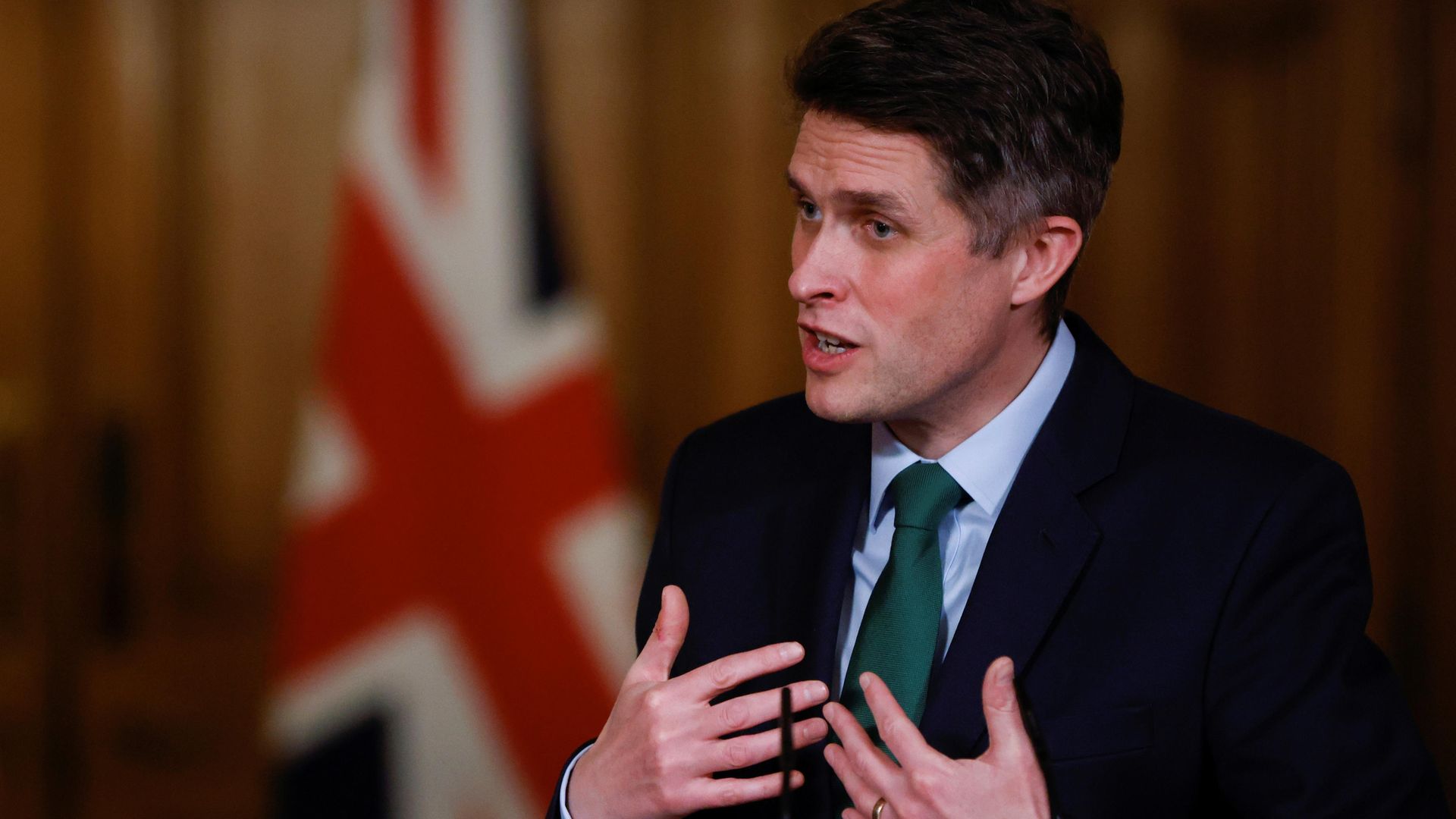
The Department for Education has still not fulfilled its pledge to provide 1.3 million laptops and tablets to disadvantaged pupils, figures have suggested.
A school leaders’ union has criticised the government’s “painfully slow” progress one month after all pupils in England returned to the classroom.
Data from the Department for Education (DfE) shows 1,295,752 laptops and tablets have been delivered or dispatched to support children to access remote education since the start of the pandemic.
Overall, 733,331 devices have been sent to councils, academy trusts, schools and colleges in England since the most recent lockdown began on January 4.
The government pledged to provide 1.3 million digital devices to help disadvantaged children access remote education during the pandemic.
Geoff Barton, general secretary of the Association of School and College Leaders (ASCL), said: “The government has been promising for months that it would deliver 1.3 million laptops to schools and we are now tantalisingly close to seeing that target achieved.
“We do not underestimate the scale of the government’s logistical operation but the truth is they were slow to react in the first place, slow to get started and progress since has been painfully slow.
“The irony is not lost on us that the pupils who really needed laptops during the months of the latest lockdown when schools were largely closed have now been back in the classroom for over a month and the country is moving ever closer to the end of the pandemic crisis.”
Barton called for a long-term commitment from the government to fund the IT infrastructure schools need.
“Setting a target of every pupil having a laptop of their own would be a logical and impressive new target for the DfE to set itself,” he said.
So far, more than 99.5% of the 1.3 million devices have been delivered to schools, colleges and councils.
The DfE is in contact with local authorities, schools and colleges to encourage them to order their allocated devices if they have not yet done so.








